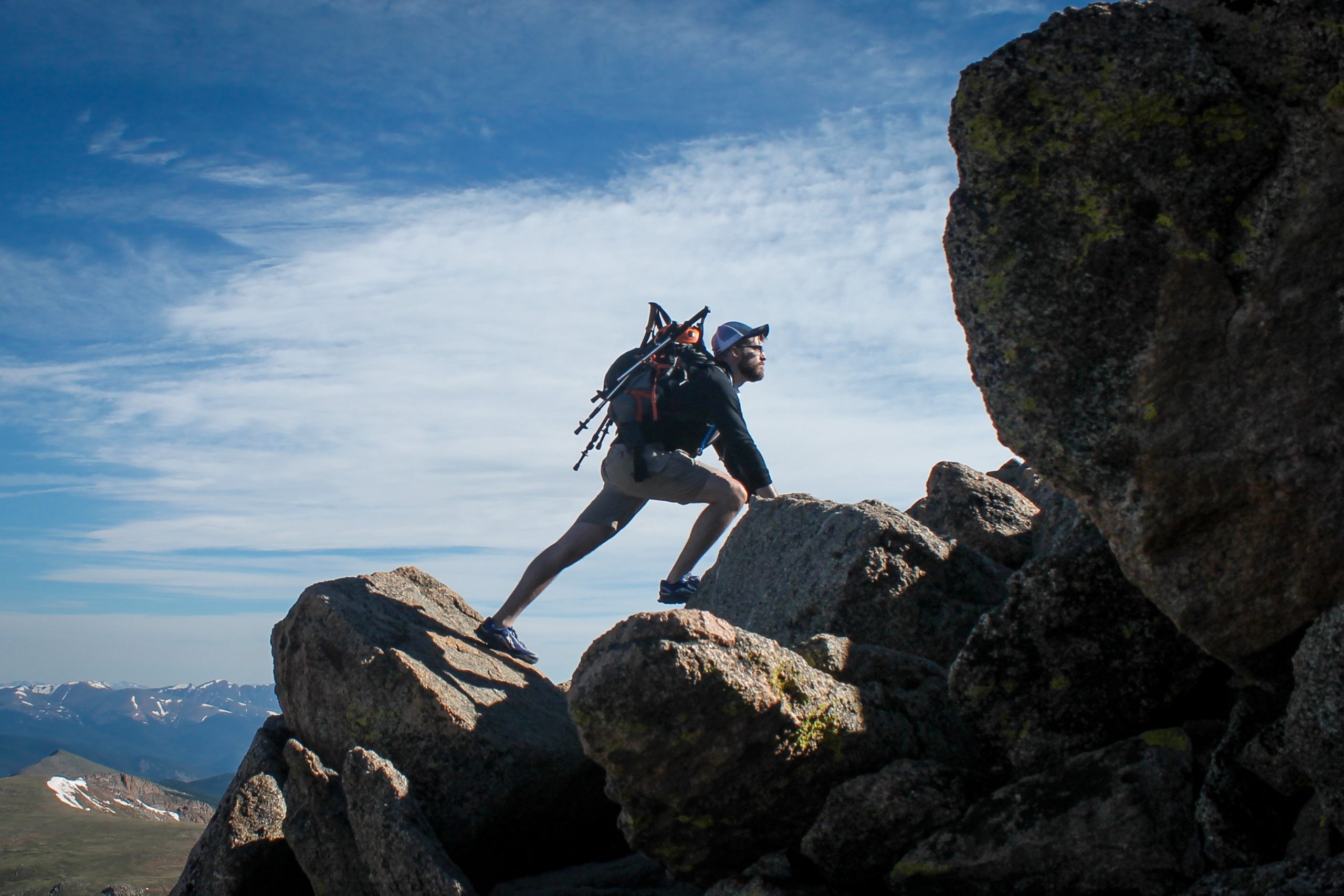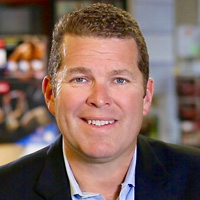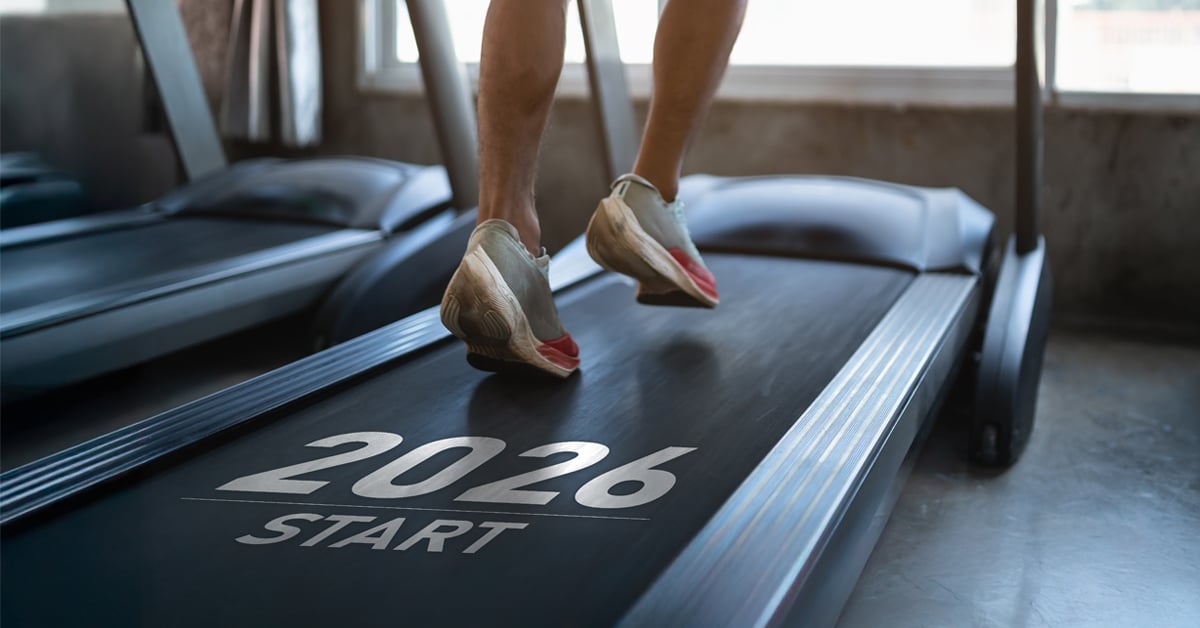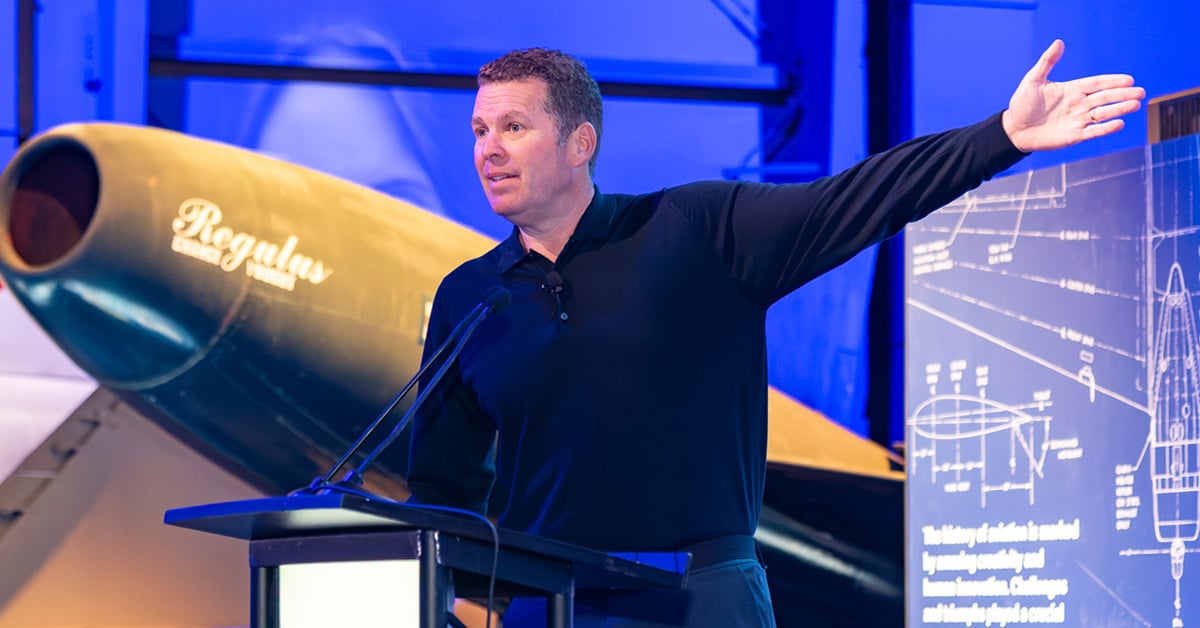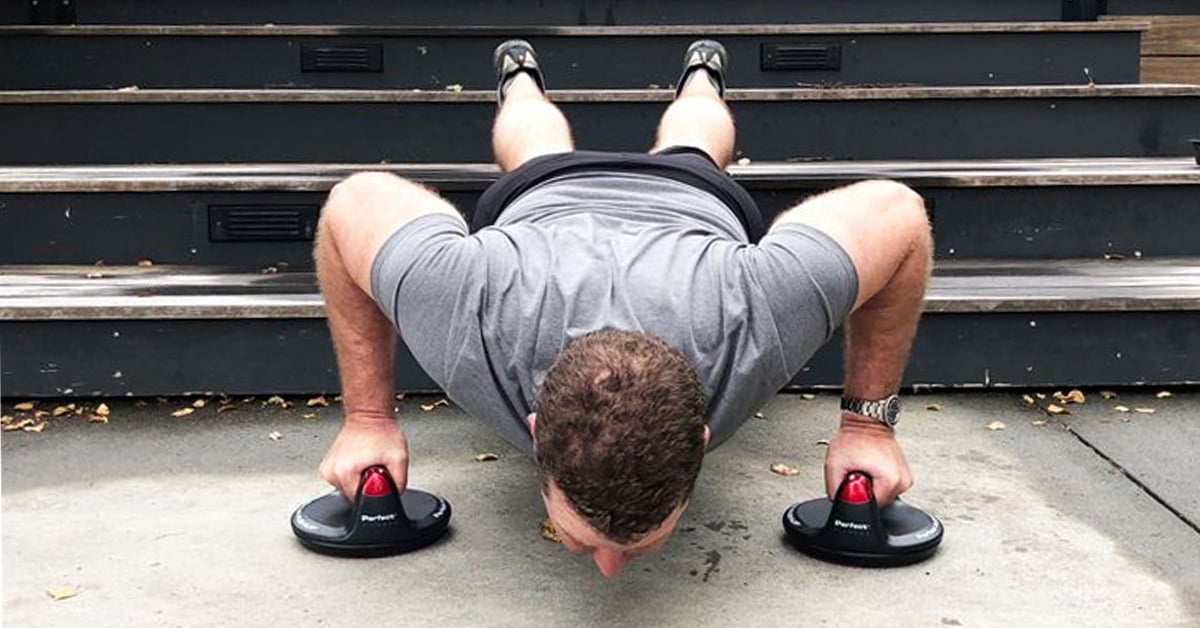Climbing Out of the Jungle
Upon my graduation from the Naval Academy, I was granted three months of temporary assigned duty to train for an invitation to the Olympic rowing camp. During the previous summer, I had competed in the Olympic Festival, medaled in both races, and received an offer from a former Olympic sculler (rower with two oars) to coach me upon graduation. I postponed my entrance into SEAL training and moved to Philadelphia to train for the summer races in hopes of gaining the attention of Olympic rowing coaches. The number one thing I remember from my coach who had narrowly lost out on medaling in the Olympics in the 70’s was his focus on incremental speed. I can still hear his thick Irish accent as he repeatedly said “Olllden, every stroke yah take yah either goin’ fahstah or slowah—make each stroke fahstah even if it’s just ah millimetah quickah—fahstah wins races.” He was a wonderful coach who was highly focused on one thing: “goin’ fahstah every stroke.”
I did eventually earn that invitation to the Olympic sculling camp, but turned it down when the Navy offered me an ultimatum—keep rowing or go to SEAL training; you can’t have both. I haven’t rowed competitively in long time—although, my oldest son just might bring me out of over two decades of rowing retirement!—but I’ve put that Irish Coach’s philosophy to work every chance I get. One place I find myself using it frequently is when I climb mountains. When I turned 40, mountain climbing became my new physical hobby. I like the idea of walking up something—I stress the word “walk”—running has never been my favorite exercise. While mountain climbing isn’t a race—at least not with the folks I climb with—it is very much like rowing. A simple repetitive motion (walking) that requires a high degree of suffering. Enter my coach’s philosophy. When you’re climbing a mountain or rowing in a race, you are faced with options regarding what you focus on. In the beginning of either endeavor, it’s easy to focus on the movement itself, but as the exercise continues, the pain of exertion is like an increasingly demanding customer vying for your undivided attention. The problem is that the more you focus on the pain, the more you feel the pain—and that doesn’t help you win a race or climb a mountain. It’s during these moments when I force myself to recall the Irish twang of my rowing coach to “focus on goin’ fahstah.”
When I climbed Denali last spring, there were days of directing my focus to making my next step better than the last one. Had I focused on how heavy my pack weighed (up to 70 lbs), or how cold it was, or how out of breath I was, or how tired I was, then my pace would have slowed down and I would have slowed the team down as well. The same concept applies when you are “walking through the jungle” or when you’ve climbed out of the jungle and are starting the long arduous ascent toward summiting your goal. If it’s a really big goal like any really big mountain such as Denali, you’ll be climbing for quite some time before you can even see the summit. On Denali, 13 days passed before we saw the summit—in fact, we did not see the summit until 120 minutes prior to actually reaching it! Conquering your goal requires steadfast focus on the actions that will help you achieve it. One of the most important habits you can create is the habit of filtering your focus to those actions that help you—for there are so many other actions than can hinder you. It doesn’t matter which proverbial mountain you chose to climb this year—every one comes with plenty of distractions to slow you down, and we all know “slowah” doesn’t win races. Keep your focus on going All in—picking those actions that help you move forward—it may not seem like you’re always making much progress, but even a millimeter forward is still forward progress.
Alpha Mike—Alden
